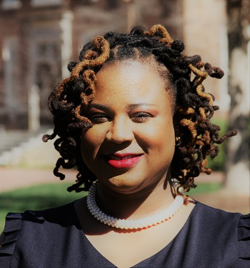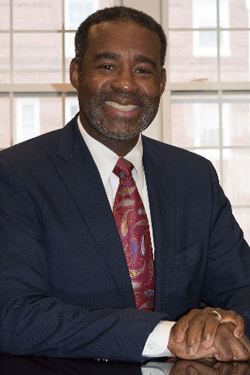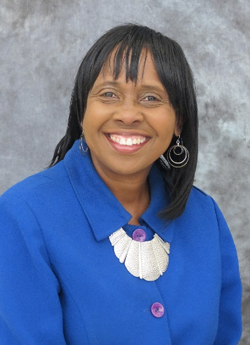Three Campuses Kick Off Collaborative Efforts This Summer to Improve Black Male Persistence Rates
June 26, 2018
By Mai P. Tran, ECMC Foundation

The gap of degree completion between black students and other students continues to be troubling. In 2011, the 6-year graduation rate at four-year colleges was 40 percent for black students compared to 51 percent for Hispanic, 62 percent for white, and 69 percent for Asian students. Nationally, the graduation rate for black male students is 31.1%.
To increase persistence and graduation rates among black males, starting this summer, three campuses led by University of North Carolina at Chapel Hill in collaboration with Morehouse College and the University of Central Florida will be in partnership to create and enhance summer bridge programs designed to support black male students’ transition on to their campuses.
The collaboration is the result of a challenge grant supported by ECMC Foundation and in partnership with the University of Innovation of Alliance (UIA), a group of 11 public research institutions committed to increasing the number and socioeconomic diversity of college graduates. Designed to spawn new campus networks to foster the UIA’s culture of collaboration, the challenge grant offered three awards of up to $75,000 to participants in the recent UIA National Summit who became inspired to develop and advance new collaborative work as a result of attendance.
Q&A with Campus Leadership
University of North Carolina at Chapel Hill
 Shonda Goward, Ed.D.
Shonda Goward, Ed.D.
Academic Director, Carolina Covenant and Achieve Carolina
Q: How did this collaborative effort come about?
A: The Carolina Covenant provides low-income students a debt free education. Now in its 15th year, we are working toward improving the program through evidence-based interventions. We noticed that one of our areas for growth was our graduation rate for black males. Thus, Morehouse College, which has been educating black men for over a century, was a natural fit. We also have seen the success that the University of Central Florida has had in scaling successful programs; therefore, we asked if they would join the work. UNC hopes to offer both institutions assistance with fundraising strategies and assessment and evaluation.
Morehouse College
 Maurice Washington
Maurice Washington
Associate Vice President for Student Services and Dean of the College
Q: Why did Morehouse College decide to join this project with the other two institutions?
A: For over 150 years, Morehouse College has been a stalwart institution of higher education committed to developing African-American men with disciplined minds who will lead lives of leadership and service. The conviction from the faculty, administrators and staff is that Morehouse is a training ground for individual success and leadership that can change the world. Fittingly, the opportunity to learn and partner with the University of North Carolina at Chapel Hill and the University of Central Florida about their student success practices for male students of color, and potentially redesigning and scaling such practices to improve retention and graduation rates, is definitely of interest for my colleagues and I. The UIA grant via ECMC Foundation will surely help to realize our goals to improve student success.
University of Central Florida
 DeLaine Priest, Ed.D. Associate Vice President, Student Success
DeLaine Priest, Ed.D. Associate Vice President, Student Success
Student Development and Enrollment Services
Q: Given that UCF is a large campus, what does it hope to gain and learn from the smaller campuses on this initiative?
A: The University of Central Florida is thrilled to partner with University of North Carolina and Morehouse College to explore and evaluate best practices and development of interventions for a summer bridge program for men of color. Through this partnership, UCF foresees enhanced awareness of community building and sense of belonging for males of color.
